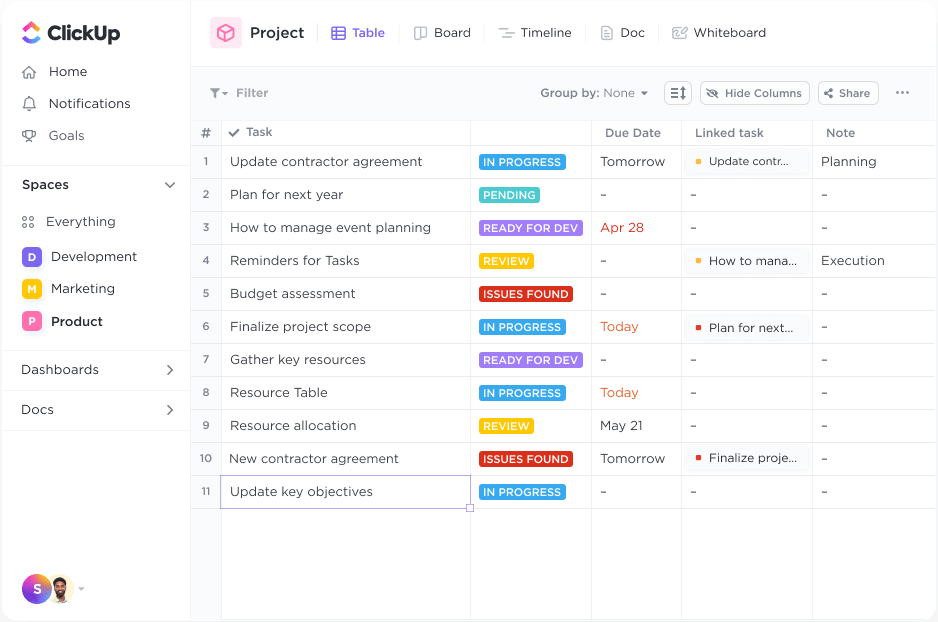Essential Guide: Creating Required Fields in Excel

In the realm of data management, accuracy is king. Ensuring that specific information is consistently entered into an Excel spreadsheet can significantly enhance data integrity and reduce the likelihood of errors. This guide aims to teach you how to make certain cells in your Excel worksheets required fields, ensuring that users fill them out before saving or moving on to another part of the document. Here’s how you can do it.
Setting Up Required Fields with Data Validation

One of the simplest methods to enforce required fields in Excel is through the use of data validation:
- Select the cell or range of cells you want to make required.
- Go to the 'Data' tab on the Ribbon.
- Click on 'Data Validation' from the Data Tools group.
- In the Data Validation dialog box:
- Under 'Settings', set 'Allow' to 'Custom'.
- In the 'Formula' box, type: =LEN(TRIM(A1)) > 0, replacing A1 with the cell address you want to make required.
- Choose 'Stop' under 'Error Alert', and type an error message like "This is a required field, please enter data."
🔍 Note: The TRIM function removes extra spaces which could bypass the validation if only spaces were entered.
Using Conditional Formatting to Highlight Required Fields

While not a validation technique, conditional formatting can visually alert users to cells they need to fill:
- Select the cell or range of cells.
- Go to the 'Home' tab, click on 'Conditional Formatting'.
- Select 'New Rule', then 'Use a formula to determine which cells to format'.
- Enter the formula =ISBLANK(A1) (replace A1 with your cell).
- Set a formatting style, for example, a light red fill with dark red text, to make the empty cell stand out.
Combining Data Validation with Conditional Formatting

Combining both data validation and conditional formatting provides a robust approach:
- Set up data validation as described above.
- Then apply conditional formatting to make the unfilled required cells visually distinct.
Using VBA to Enforce Required Fields

For more complex scenarios or to enforce stricter controls, Visual Basic for Applications (VBA) can be used:
- Press Alt + F11 to open the VBA editor.
- Insert a new module by right-clicking on any of your workbook's items, selecting 'Insert', then 'Module'.
- Copy and paste the following code into the module:
Private Sub Workbook_BeforeSave(ByVal SaveAsUI As Boolean, Cancel As Boolean)
Dim ws As Worksheet
Dim rng As Range
Dim cell As Range
For Each ws In ThisWorkbook.Worksheets
For Each rng In ws.Cells.SpecialCells(xlCellTypeConstants)
If rng.Value = "" Then
MsgBox "All required fields must be filled before saving.", vbCritical
Cancel = True
Exit For
End If
Next rng
Next ws
End Sub
This script checks if any cell in the workbook is empty when you try to save, preventing the save if so.
Using a Table for Clarity

Here’s how different methods compare in terms of features:
| Method | User Notification | Save Prevention | Ease of Use | Flexibility |
|---|---|---|---|---|
| Data Validation | Yes | No | Easy | Moderate |
| Conditional Formatting | No (Visual Only) | No | Very Easy | Low |
| VBA Script | Yes | Yes | Moderate | High |

Each method has its strengths, tailored to different needs and user expertise levels.
📘 Note: Remember that Excel's capabilities are limited by version; newer features might not be available in older Excel versions.
Summing it Up

This guide has explored various methods to ensure fields are completed in Excel, from simple data validation to more advanced VBA scripting. By implementing these techniques, you can significantly enhance the accuracy of your data entry processes. Users will either be notified of incomplete fields or prevented from saving until all required data is entered, leading to more reliable datasets. Using a combination of these methods can cater to different scenarios, making your Excel workbooks robust and user-friendly.
Can I use multiple required fields in one sheet?

+
Yes, you can set multiple cells or ranges as required fields within the same worksheet using data validation or VBA.
Will these methods work on Excel for Mac?

+
Yes, most Excel functions including Data Validation and VBA are available on Excel for Mac. However, the VBA syntax might differ slightly in some cases.
What happens if someone bypasses the VBA save restriction?

+
The VBA script prevents normal saving by showing a message box. However, users can still save by choosing ‘Save As’ and selecting a different file location or by closing without saving. To enforce stricter control, consider password protecting the VBA project or using shared workbooks with edit restrictions.
Is there a way to set a cell as required for an entire column?

+
Yes, you can apply data validation or conditional formatting to an entire column. Select the column, then follow the steps for the respective method you choose.
Can I make conditional formatting do more than just highlight cells?

+
Conditional formatting is mainly for visual highlighting, but with VBA, you can extend its functionality to perform actions like locking cells or modifying formulas based on conditions.



